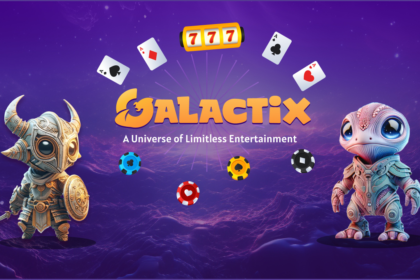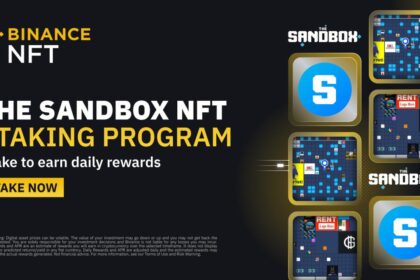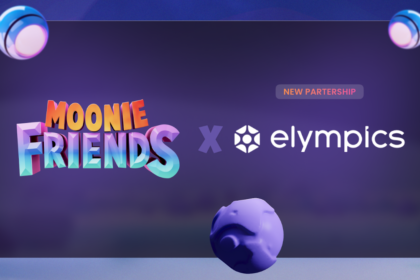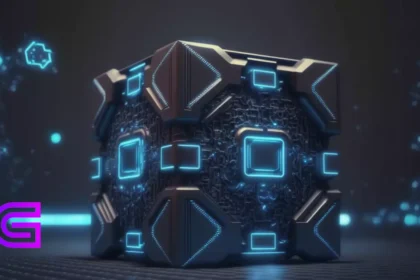In recent years, the gaming industry has undergone a significant transformation. The advent of blockchain technology and the development of Web3 have brought about new opportunities for game developers and players alike. With the rise of these new technologies, there has been an increased focus on integrating Artificial Intelligence (AI) into gaming. This article will explore the intersection of AI and Web3 gaming and how it is changing the gaming industry.
Understanding Web3 Gaming
Before we delve into the specifics of AI in gaming, it is essential to understand what Web3 gaming is. Web3 gaming refers to games built on blockchain technology that utilizes decentralized platforms. These games are designed to be more transparent, secure, and user-centric. Unlike traditional games, where users have limited control over the game’s outcome, Web3 games enable players to own in-game assets, participate in game development, and even earn real-world rewards. Web3 gaming has given rise to a new gaming economy, where players can earn cryptocurrencies through playing games and contributing to game development.
The Role of Artificial Intelligence in Web3 Gaming
AI has been an integral part of gaming for decades. It has been used to develop non-player characters (NPCs), generate content, and improve game mechanics. However, AI’s integration into Web3 gaming is taking it to a whole new level. With the use of blockchain technology, AI can enable new features like decentralized autonomous organizations (DAOs) and smart contracts. AI can also be used to enhance player experiences by providing personalized game recommendations and real-time feedback.
AI-Powered NPCs
NPCs are an essential part of gaming, providing players with challenging opponents and allies. However, traditional NPCs can be predictable and lack personality. With AI, game developers can create NPCs that are more human-like, with personalities and behaviors that respond to player actions. These NPCs can also learn and adapt to the player’s gameplay style, providing a more immersive gaming experience.
Decentralized Autonomous Organizations (DAOs)
A DAO is a decentralized organization that operates on a blockchain platform. DAOs are designed to be transparent and democratic, allowing members to vote on decisions and allocate resources. AI can be used to manage DAOs by analyzing data and making informed decisions based on the organization’s goals. This can improve the efficiency and transparency of Web3 gaming platforms, creating a more user-centric experience.
Smart Contracts
Smart contracts are self-executing contracts that operate on a blockchain platform. They are designed to be transparent and tamper-proof, allowing for secure transactions between parties. AI can be used to enhance smart contracts by analyzing data and predicting outcomes. This can improve the accuracy and reliability of smart contracts, ensuring that transactions are executed seamlessly.
Personalized Game Recommendations
AI can be used to provide players with personalized game recommendations based on their gameplay history and preferences. This can enhance the player experience by providing them with games that they are more likely to enjoy. Additionally, AI can provide real-time feedback to players, helping them improve their gameplay and overall experience.
The Future of AI in Web3 Gaming
The integration of AI into Web3 gaming is still in its early stages, and there is much more to come. As blockchain technology and AI continue to evolve, we can expect to see even more innovative features and immersive gaming experiences. The future of AI in Web3 gaming is exciting, and it is poised to change the gaming industry forever.









